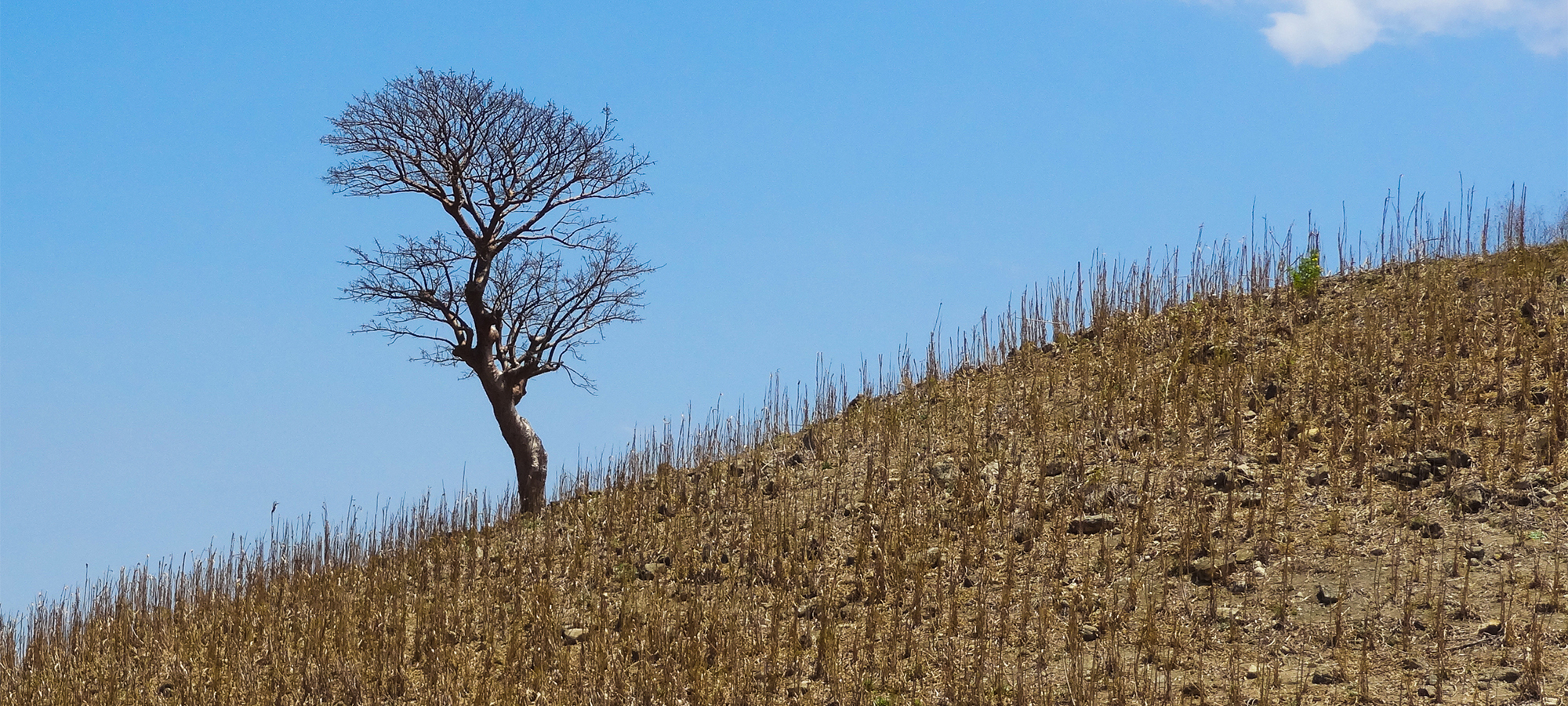
Climate Change Adaption – SCAL
The already-vulnerable farmers of Guatemala, particularly in the dry corridor region, are now also suffering the effects of climate change. Project Harvest is working with Guatemalan families to develop rainwater catchment systems (known by their Spanish acronym – SCAL) to help crops survive through droughts periods that have intensified in recent years due to climate change.
The Impact of Climate Change on Vulnerable Guatemalan Communities
According to the Global Climate Risk Index, “Guatemala is one of the top 10 countries most affected by climate change and one of the most vulnerable to natural disasters” (The Tico Times). The United Nations Development Program for Climate Change Adaptation summarizes the climate change pressures in Guatemala as manifesting in the following:
- Increasingly intense cyclones
- Decreasing precipitation and increasing water stress
- Increased landslide risks from increasingly intense rainfall events
- Changing ecology and hydrology, affecting farmers and agro-ecosystems
(United Nations Development Program for Climate Change Adaptation)
The effects of climate change in Guatemala result in a shorter rainy season, during which the rain itself if more concentrated and therefore can trigger landslides and flooding. The corollary of a shorter rainy season is, of course, extended periods of drought. The effects of extended drought in the dry corridor of Guatemala impacts poor farmers in complex ways:
- Depletion of food stores. When crops fail due to drought, growers are neither able to feed their families nor store food for future seasons. This leaves families vulnerable to long-term famine.
- Loss of seeds for future crops. When crops are unable to survive a drought, not only are farmers deprived of food and livelihood but they are also unable to harvest the seeds on which they depend for the propagation of the next season’s planting.
- Reduced availability of seasonal work. Coffee plantations are also experiencing crop failures caused by the extended droughts brought on by climate change. They are hiring fewer temporary workers, who are often subsistence farmers who rely on work in the coffee industry to supplement their income in lean years or to bridge the gap when food reserves give out during periods of drought.
For these reasons, drought in Guatemala always brings with it deteriorating health, malnutrition and famine.
Project Harvest has developed a model with its agro-ecological method that includes a rainwater catchment system and crop diversification, so that nutritious food can be grown year round.
Rainwater Harvesting Systems (SCAL)
To determine the most economical and effective method of addressing the increasing drought situation faced by Guatemalan farmers, Project Harvest analyzed various solutions for storing water, and concluded that a customized rainwater harvesting system (commonly referred to by its Spanish acronym, SCAL) would provide the most practical solution.
The SCAL developed by Project Harvest consists of a reservoir to hold the water, a corrugated metal roof to collect the water, and eaves troughs to direct the water into the reservoir. Each reservoir holds up to 16,000 L of water, and can be built for a total of about $900. By comparison, a conventional ready-made water tank holds 2500 L of water and costs $430 (that is, roughly $2700 for water-collection capacity comparable to that which Project Harvest has developed.)
SCALs are built in each of the patios of the families with whom we work, and each family participates in its construction. Participants then use the knowledge gained to build SCAL’s for their family in the future, or to help other families construct their own, thereby contributing to local community-building.
